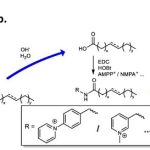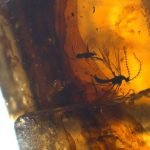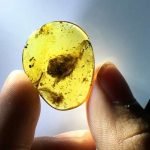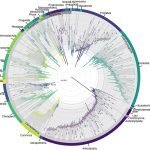The universe’s big mystery: Why does matter exist? Maybe electrons can tell us
Have you ever wondered why we exist, or more specifically, why matter exists?
At the beginning of our universe, a ton of particles like protons,...
Scientists discover over 100 new fatty acids. What does this mean for us?
Did you know that the waxes on our hair and skin, and the fats in our bodies, are all made up of something called...
Why did the dinosaur era have so much amber?
Have you ever watched the movie "Jurassic Park" and wondered about the piece of amber containing the preserved mosquito?
The truth is, amber, which is...
How dog breeds differ in pain sensitivity and how it can fool even vets
Do you ever wonder how sensitive your dog is to pain?
Turns out, a dog's breed can make a difference, but the perceived pain sensitivity...
New study reveals why modern birds survived while other dinosaurs died
We all have seen birds around us, be it pigeons in the park or penguins in the zoo.
What's fascinating is that these birds are...
Our mammalian ancestors survived the asteroid impact that killed the dinosaurs, shows study
A group of researchers made a fascinating discovery, challenging what we thought we knew about the age of mammals.
They found that placental mammals, a...
Megalodon shark was a warm-blooded creature, unlike most fish, shows study
Scientists have recently uncovered a fascinating secret about the extinct megalodon shark: it was a warm-blooded creature, unlike most fish.
Scientists create mirror-image molecules
Do you know that some molecules have a twin that's their mirror image, just like your left and right hands?
Scientists call this property "chirality,"...
The super sniffer: How your cat’s nose outsmells all others
Have you ever wondered how your cat can sniff out a tin of tuna from the other side of the house?
Or how it always...
Scientists discover an ancient secret in Washington’s Lakes
Long ago, Earth looked different than it does now.
Volcanoes erupted regularly, meteorites slammed into the surface, and dangerous gases like methane made the air...










